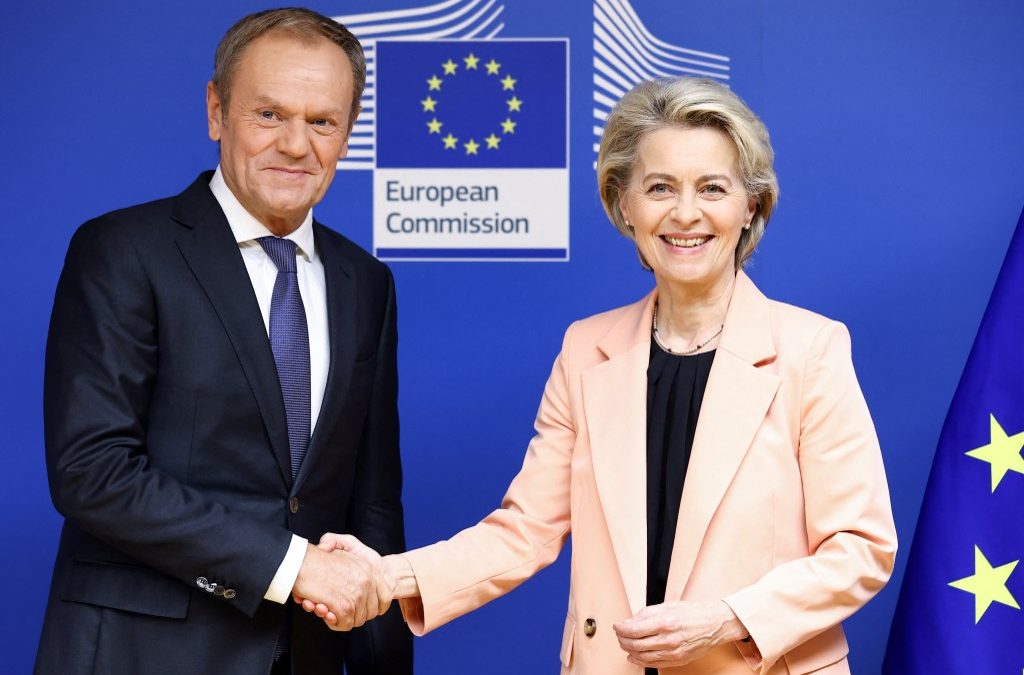The decision to include Poland and six other EU countries in the excessive deficit procedure will be made in writing next week – EU sources informed PAP on Tuesday. The European Commission will publish recommendations on how to exit the procedure in November.
On June 19, the EC proposed to include seven countries in the excessive deficit procedure. In the report published at that time, it justified this step towards Poland, France, Italy, Belgium, Hungary, Malta, and Slovakia by the lack of corrective actions; the procedure was also reactivated against Romania.
The decisions proposed by the EC will ultimately be approved by the member states in the EU Council. Originally it was supposed to happen at the meeting of finance ministers on Tuesday in Brussels, but the documents only reached the Council this week. First, the Economic and Financial Committee, an advisory body to the EC composed of experts from the member states, had to issue opinions on the initiation of the procedure. The committee only finished its work last week.
“The committee initially discussed the decisions, which can be understood to mean that member states generally agree on the existence of an excessive deficit in the seven countries proposed by the EC and intend to initiate the excessive deficit procedure against all of them” – sources claim. The preliminary decision will be made at the meeting of member states’ ambassadors on July 24, and then the capitals will approve it in a written procedure. The resolution is expected around July 26.
The excessive deficit procedure is initiated when a given EU country’s public sector deficit exceeds 3% of GDP or public debt is higher than 60% of GDP.
In the past, along with decisions to initiate the excessive deficit procedure against individual states, the EC immediately proposed recommendations in which it advised on the corrective path. However, this year the EC will do so later, in November. The plan is to combine these recommendations with work on medium-term national plans – a novelty among fiscal rules, introduced as part of a recent reform, which obliges countries to prepare plans for keeping finances in check. (16.07.2024)
 go to the original language article
go to the original language article
